The Roman Empire was primarily polytheistic, which meant that people recognized and worshipped multiple Roman gods and goddesses. Despite the presence of monotheistic religions such as Judaism and early Christianity within the empire, Romans worshipped multiple deities. They believed that these deities played a role in the formation of the Roman civilization and shaped the events of people’s daily lives.
The gods were worshipped by the Romans in both public and private spaces. While the Roman state honored the major gods and goddesses by decorating public buildings and fountains with their images, families who worshipped at home placed special emphasis on the deities of their choice.

Greek gods and goddesses had a significant impact on the development of Roman Gods and mythology.
Because of Rome’s geographical location, its citizens had frequent contact with Greek peoples who had expanded their territories into the Italian peninsula and Sicily. As the Roman Republic grew in power, it took over these Greek territories, bringing them under the control of the Roman state. Many aspects of Greek culture were adopted by the Romans, with minor modifications to suit their own needs.
The Roman pantheon of gods is thought to be the most extensive. The Romans had gods for everything imaginable. They had many gods, including Mars, the god of war, Neptune, the god of the sea, and Bacchus, the Roman god of wine.
The traditional religious system of Ancient Rome can also be found in Roman historical literature and the visual arts. One well-known example is The Legend of Romulus and Remus. The Roman gods embodied majestic personas and wielded great power.
Jupiter the king of gods
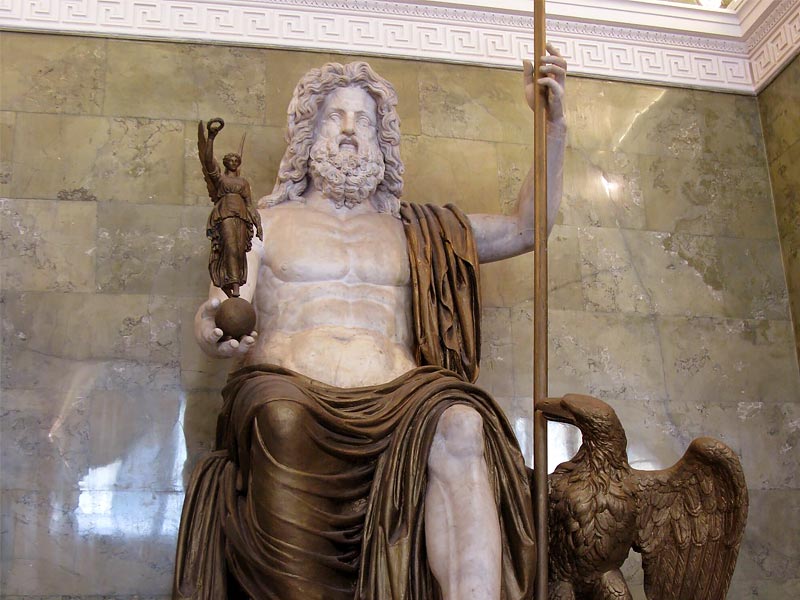
Jupiter, also known as Jove, is the most important Roman god. He is said to rule the light and the sky with his immense power. His sacred animal is the eagle, and his identifying weapon is the thunderbolt. Jupiter, also known as dies pater, or “shining father,” is the protector of laws and the state, and the Romans believed he guarded their city.
Neptune god of the sea
Neptune ruled the sea while riding a horse or a dolphin and wielding a three-pronged trident. Around 399 BC, he was first identified in Roman mythology as being associated with water. Salacia was his wife, and Jupiter and Pluto were his brothers.
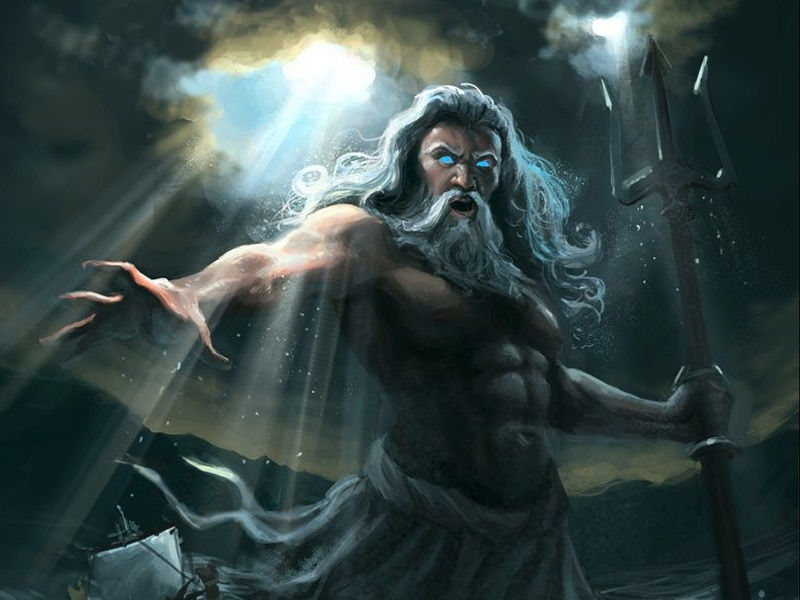
The Romans also worshipped him as Neptune Equester, the god of horses. Poseidon, a member of the Greek trinity of Zeus, Hades, and Poseidon, was his counterpart among the Greek gods.
Pluto god of the underworld
Saturn’s three sons, Jupiter, Neptune, and Pluto, divided the world among themselves. Jupiter and Neptune were given the sky and sea, respectively, while Pluto was given the underworld. He is a monogamous man who is not thought to have had a child. His Greek counterpart, Hades, represents the positive aspect of the god who rules over the afterlife.
Pluto is a cognate of the Greek word Ploutos, which is the name of the god of wealth.
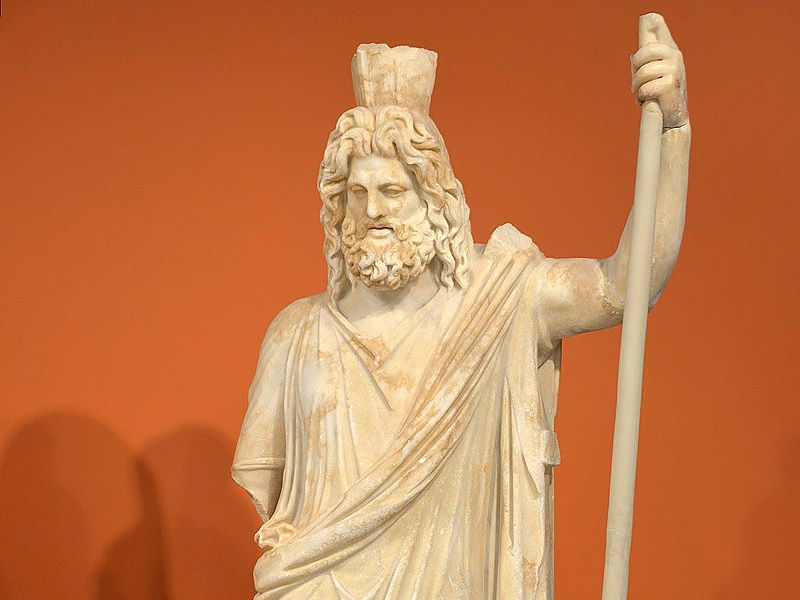
Pluto was worshipped by the Romans as the giver of gold, silver, and other subterranean substances. Pluto was quickly recognised as the god of the physical underworld due to the mining of these minerals.
Apollo god of sun music and prophecy
Apollo was the son of Jupiter and Diana’s brother. He was known as the Roman god of music, healing, the sun and light, truth and prophecy, plague, poetry, and other things. He is one of the most significant and complicated Roman gods. Apollo is a god who appears in both the Greek and Roman pantheons.
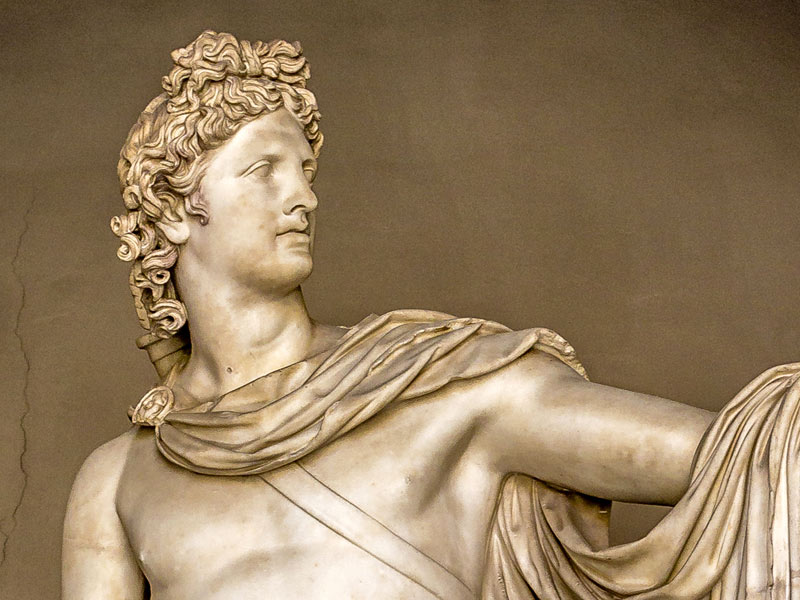
Apollo acted as a go-between for the people and the gods. He was given the gift of prophecy because of his honesty and integrity.
Also read: Explore Rome: 10 Beautiful Places that will Make your Rome Trip Complete
Mars the god of war
Mars is the Roman god of war and was thought to be the Roman state’s protector. The month of March, which takes its name from Mars, was filled with festivities and military celebrations. During Augustus’ reign, Mars’ popularity grew, and he became the most prominent military god in Roman history.
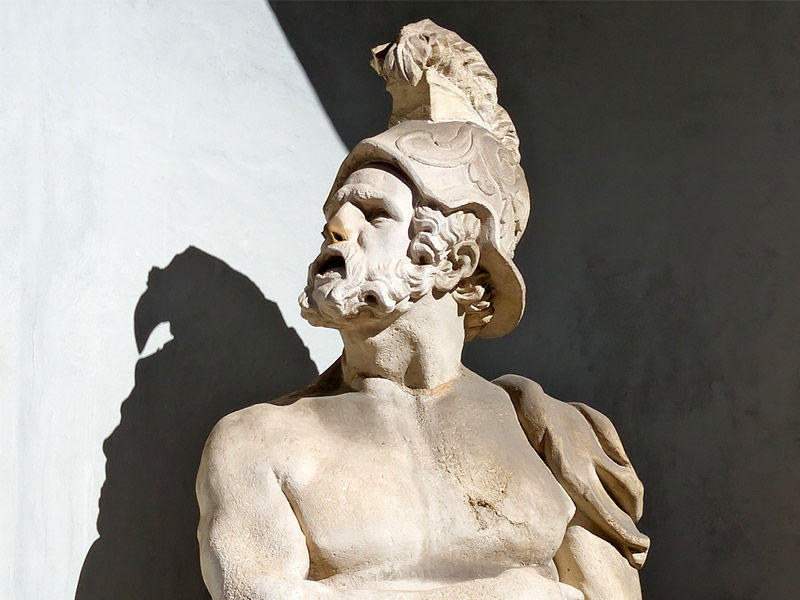
He believed in the use of military force to keep the peace. Mars, the son of Jupiter and Juno, was the father of Romulus and Remus with Rhea Silvia, according to Roman myth.
Cupid the god of erotic desire, love, attraction, and affection
Cupid, the son of Mars and Venus, is the god of erotic desire, love, attraction, and affection. His Greek counterpart is Eros. Cupid is frequently depicted with a bow and arrow, which is thought to be the source of power that induces affection and desire in the person on whom the arrow falls. Psyche is the consort of the god of love.

He has wings because those who are in love are said to be able to fly. He became a well-known figure during the Middle Ages, when he represented the dual love of earth and heaven under Christian influence.
Vulcan the god of fire
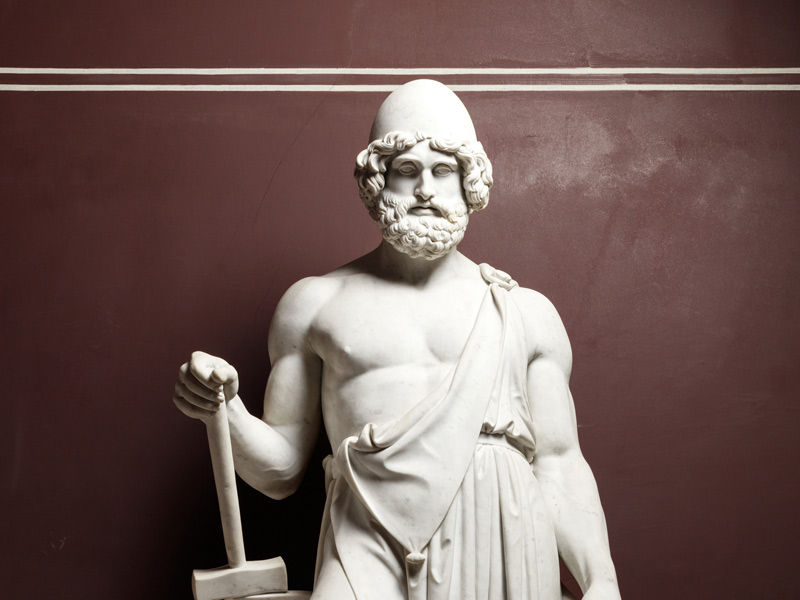
In ancient Roman mythology, he is referred to as the Roman god of fire, metalworking, volcanoes, and forging, and he is depicted holding a blacksmith’s hammer. He was the Roman equivalent of Hephaestus, the Greek god. Vulcanalia, the annual festival named in his honour, was held on August 23. Vulcan, according to the Romans, represented both the destructive and fertilising powers of fire.




























